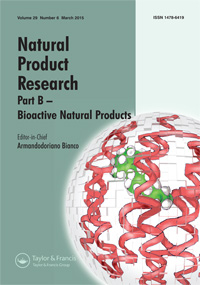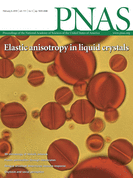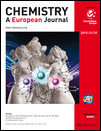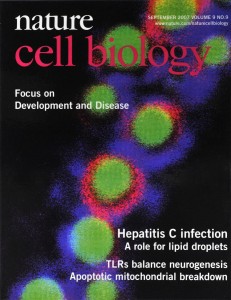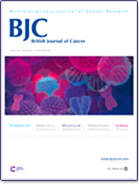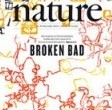 Upon realizing they had experienced a case of mistaken cell-line identity, the authors of a 2014 Nature paper on lung cancer think “it prudent to retract pending more thorough investigation,” as they explain in a notice published Wednesday.
Upon realizing they had experienced a case of mistaken cell-line identity, the authors of a 2014 Nature paper on lung cancer think “it prudent to retract pending more thorough investigation,” as they explain in a notice published Wednesday.
The problem seems to stem from more than just honest error, according to corresponding author Julian Downward, a scientist at the Francis Crick Institute in the UK.
In a 1,215 word statement, sent to us via the Director of Research Communications and Engagement at Cancer Research UK, which funds Downward’s research, Downward told us the backstory not presented in the journal’s retraction note:
